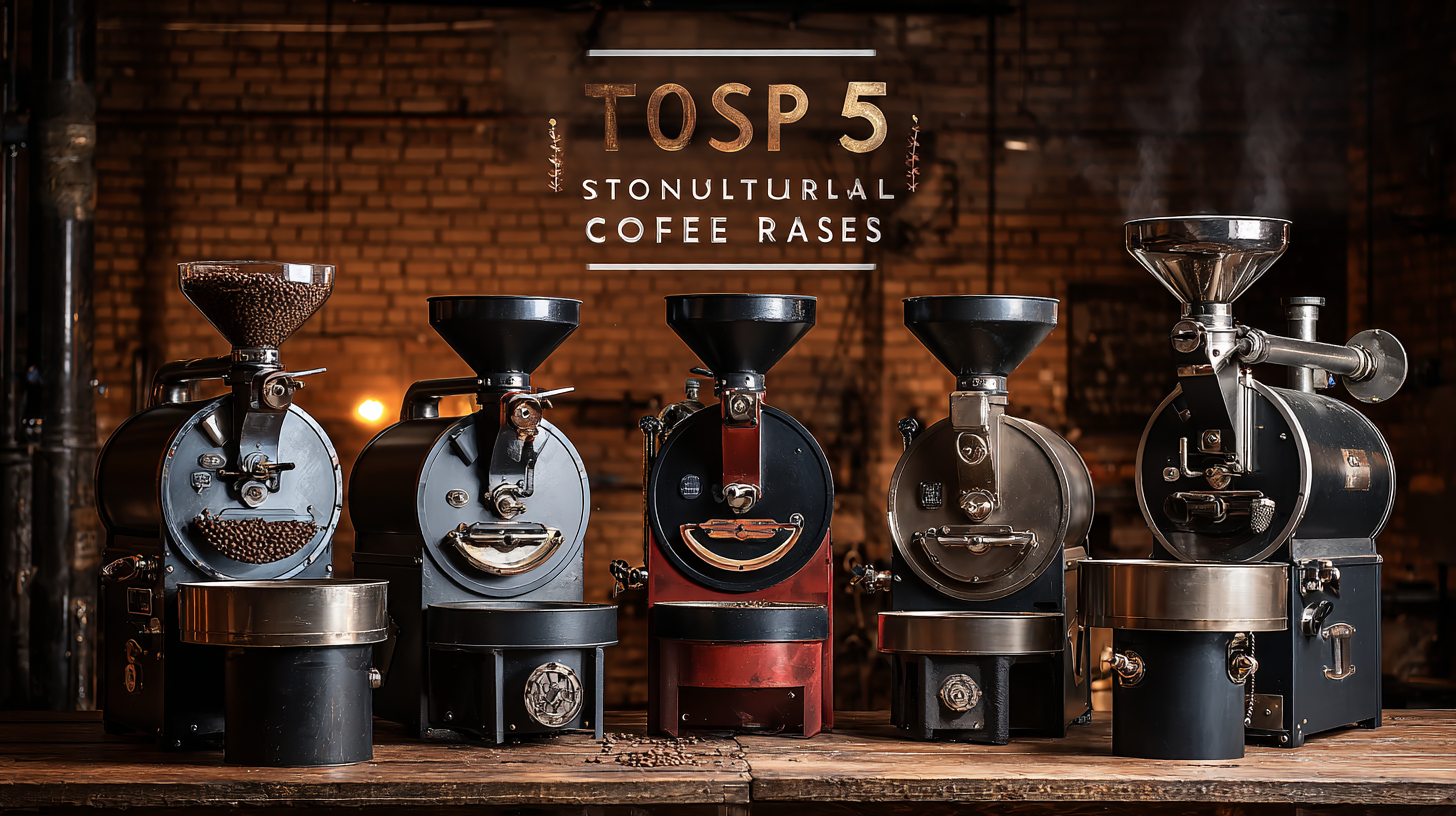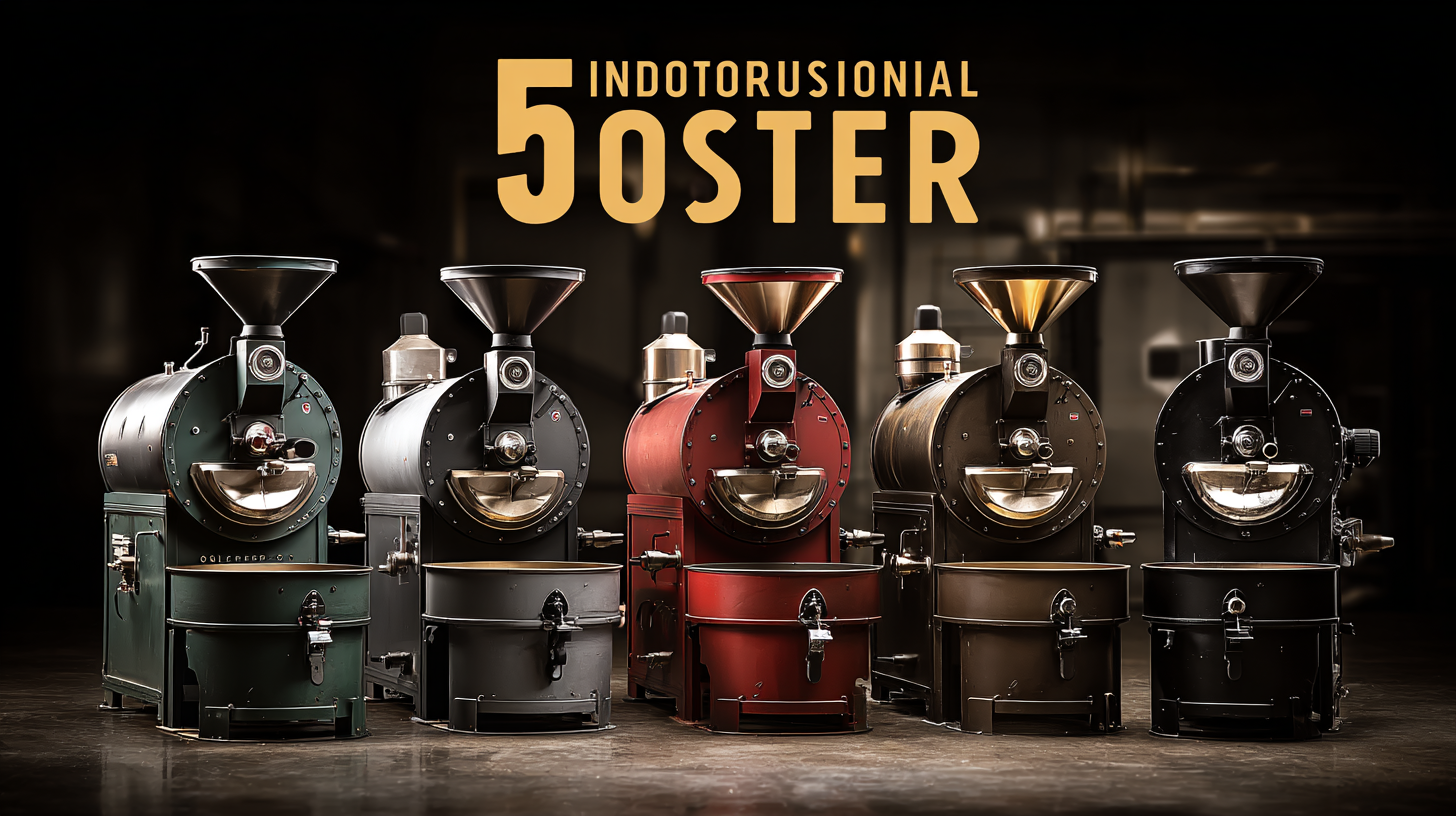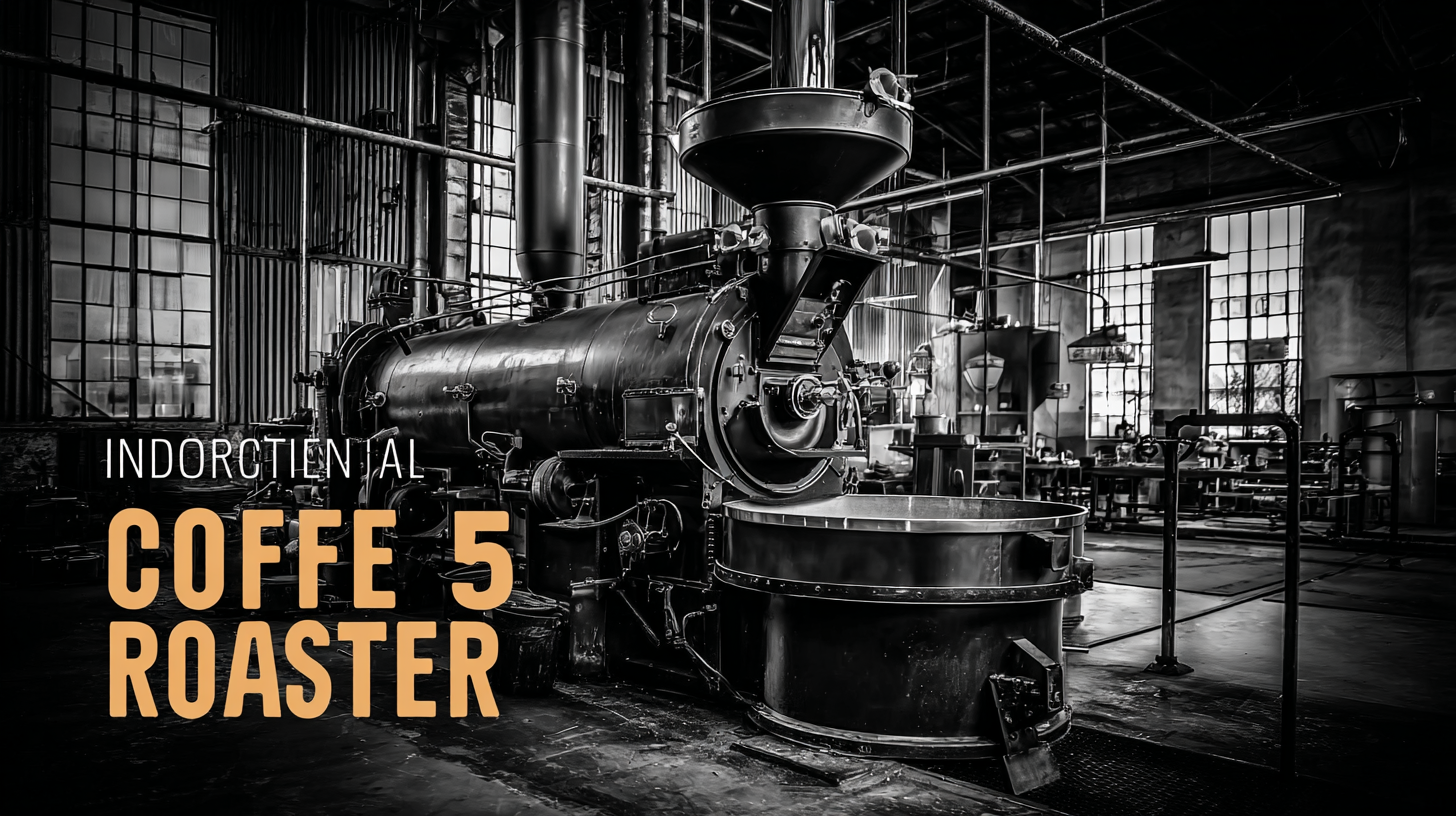A Comprehensive Comparison of the Top 5 Best Industrial Coffee Roasters for Global Buyers
In the ever-evolving world of coffee production, the significance of an efficient industrial coffee roaster cannot be overstated. As the global coffee market is projected to reach a staggering USD 102.15 billion by 2025, understanding the various options available for industrial coffee roasting has become essential for buyers seeking to enhance their operations. Recent reports indicate that the coffee roasting equipment market is expected to grow at a CAGR of 5.8% from 2020 to 2025, reflecting an increasing demand for high-quality coffee products worldwide. This comprehensive guide delves into the top five industrial coffee roasters, highlighting their features, capacities, and efficiencies, to equip global buyers with the knowledge necessary to make informed purchasing decisions in an industry marked by innovation and competition. Whether you're a small-scale artisan roaster or a large commercial operation, this comparison will illuminate the best choices available for optimizing your roasting process.

Top 5 Industrial Coffee Roasters: An Overview of Leading Brands
When exploring the leading brands in industrial coffee roasters, it’s essential to recognize the nuances that cater to both small and large-scale coffee operations. The top contenders dominate the market across several factors, including roasting capacity, consistency in flavor profiles, and energy efficiency. For instance, recent industry reports indicate that machines with advanced temperature control yield a 20% enhancement in flavor retention compared to standard models, creating a significant difference in the final brew.
When selecting an industrial coffee roaster, consider these tips: First, assess your production needs. A roaster that suits a small boutique café may not be suitable for a high-volume processing facility. Second, prioritize brands that offer robust support and training resources, as proper operation significantly impacts the quality of the roast. Lastly, read consumer reviews and reports on reliability; the longevity of equipment can dramatically influence overall profit margins in a competitive market.
Delving into the specifications of these roasters, remember that materials used in construction often lead to variations in heat retention and flavor development. Investing in quality components, such as stainless steel and advanced cooling features, can be a game-changer for achieving that perfect roast.
A Comprehensive Comparison of the Top 5 Best Industrial Coffee Roasters
This chart provides a comparative analysis of key specifications and performance metrics for leading industrial coffee roasters. The data dimensions include roasting capacity, energy consumption, and price range.
Technological Advancements in Coffee Roasting for 2025
As the coffee industry continues to evolve, technological advancements in coffee roasting are shaping the future of production. By 2025, it is projected that the global coffee roaster market will reach USD 180 million, driven by innovations that enhance efficiency and flavor quality. For instance, automated roasting machines featuring advanced sensors are being developed to ensure precise temperature control and consistency, addressing some of the most critical challenges faced by roasters today. Reports indicate that roasters incorporating IoT technology can increase production efficiency by up to 30%, allowing businesses to meet the growing global demand for specialty coffee.
Moreover, a recent study highlighted that environmentally friendly roasting technologies are receiving significant investments, with projections suggesting that eco-conscious roasters could dominate the market by 2025. These advancements include energy-efficient systems that minimize resource consumption while ensuring the preservation of coffee's inherent flavors. By adopting such technologies, companies not only contribute to sustainability efforts but also benefit from reduced operational costs. Consequently, as the demand for sustainable and high-quality coffee continues to rise, these technological developments will play a crucial role in shaping the industry's future landscape.
Comparative Analysis: Features and Specifications of Each Roaster
When evaluating the top industrial coffee roasters, it's essential to delve into the unique features and specifications that distinguish each model. In this comparative analysis, we focus on five leading roasters, exploring their capabilities to cater to the diverse needs of global buyers. From batch size and energy efficiency to innovative technology, each roaster presents distinct advantages. For instance, the Diedrich IR series excels in precise temperature control, ensuring consistent roast quality, while the Probat P series stands out for its robust construction and exceptional scalability, making it a preferred choice for growing businesses.
Additionally, we examine the user interface and ease of operation, which can significantly impact daily workflow. The Ambex roasters offer intuitive digital controls that simplify the roasting process, appealing to both seasoned professionals and newcomers alike. On the other hand, the Loring Smart Roast is notable for its eco-friendly approach, utilizing a closed-loop system that reduces emissions and energy consumption. This feature is increasingly important for companies prioritizing sustainability. By understanding these specifications, buyers can make informed decisions tailored to their specific roasting needs and operational goals.

Benefits of Upgrading to Modern Coffee Roasting Technology
Upgrading to modern coffee roasting technology can significantly enhance the quality and efficiency of coffee production. According to industry reports, modern roasters not only provide consistent flavor profiles but also utilize energy-efficient designs that reduce environmental impact. For instance, a study by the Specialty Coffee Association noted that advanced roasting systems can cut energy consumption by up to 30%, allowing producers to save on operational costs while committing to sustainability.
When considering an upgrade, buyers should focus on features that enhance precision and flexibility. Many of the leading roasters now offer programmable profiles and sophisticated monitoring systems, enabling users to achieve reproducible results consistently. As an added tip, always look for roasters equipped with data logging capabilities, which help in tracking roast development and make it easier to analyze trends in flavor and quality over time.
Investing in modern roasting technology also opens doors to greater scalability for your business. Many newer models are designed with modular features that allow businesses to expand their production capacity without needing to invest in entirely new systems. As a tip, consider the total cost of ownership, including maintenance and potential future upgrades, when evaluating different roaster options to ensure a wise investment for long-term growth.

Global Market Insights: Trends in Coffee Roasting Equipment Sales
The global specialty coffee market is set to witness substantial growth, projected to reach a size of USD 60,953.1 million by 2033, with a robust compound annual growth rate (CAGR) of 10.5%. This surge can be attributed to the increasing consumer demand for high-quality coffee and the growing prevalence of gourmet cafés. As businesses aim to capture this thriving market, investment trends have shown that multinational corporations are keen on expanding their coffee brands into new territories, hence driving significant changes in the coffee roasting equipment sector.
The shift towards global markets is exemplified by strategic acquisitions, such as the recent move by one leading coffee brand to enhance its presence in the GCC region. This trend highlights how multinationals are leveraging mergers and acquisitions to diversify their portfolios and enhance their operational capabilities worldwide. As a result, the sales of coffee roasting equipment are on the rise, with businesses investing in advanced technology to meet the escalating demands for specialty roasts. In this dynamic landscape, staying abreast of market trends and consumer preferences will be crucial for brands looking to thrive in the competitive coffee industry.
A Comprehensive Comparison of the Top 5 Best Industrial Coffee Roasters
| Model | Capacity (kg/batch) | Roasting Time (minutes) | Heat Source | Price Range (USD) |
|---|---|---|---|---|
| Model A | 15 | 12 | Gas | $20,000 - $25,000 |
| Model B | 30 | 15 | Electric | $30,000 - $35,000 |
| Model C | 5 | 10 | Gas | $10,000 - $12,000 |
| Model D | 25 | 14 | Electric | $25,000 - $30,000 |
| Model E | 10 | 13 | Gas | $15,000 - $18,000 |


